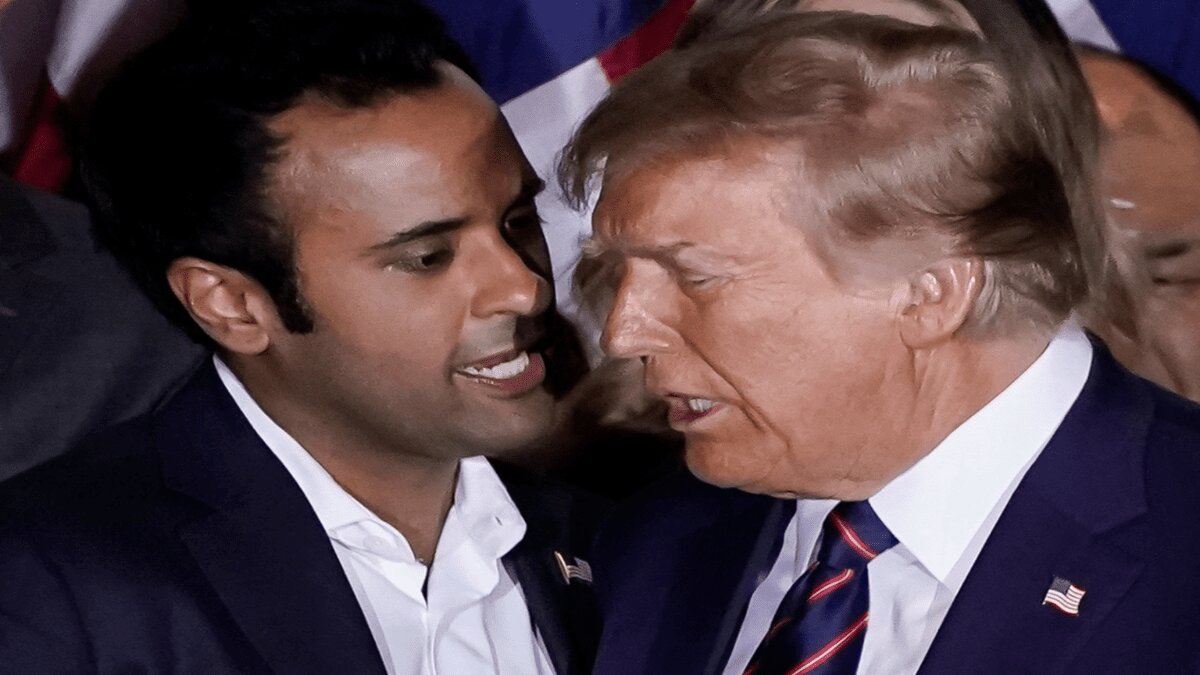Donald Trump’s victory in the New Hampshire Republican primary was not just about winning the state but also aimed at convincing Nikki Haley to exit the race, leaving him as the undisputed Republican nominee. Despite Trump’s win, Haley’s determination to continue the fight has thwarted Trump’s immediate plans. As the focus now shifts to the upcoming South Carolina primary on February 24, the battle within the Republican Party intensifies.
Trump’s Strategy and Frustration:
Donald Trump, at 77, was keen on a resounding victory over Nikki Haley, 52, in New Hampshire, hoping she would concede and streamline his path to the nomination. However, Haley’s announcement to persist in the race frustrated Trump’s carefully crafted strategy. In his post-victory speech, Trump expressed anger, questioning Haley’s claim of victory and stating, “I don’t get too angry. I get even.”
Strategic Moves for South Carolina:
As Trump campaigned in New Hampshire, he strategically planned for South Carolina, anticipating it to be a pivotal battleground. The Trump campaign secured the endorsement of former rival U.S. Senator Tim Scott of South Carolina, a move intended to unify party support behind Trump and urge Haley to drop out. The timing of Scott’s endorsement, just days before the New Hampshire vote, aimed for maximum impact and sent a signal of party unity.
Haley’s Resilience and Campaign Plans:
Nikki Haley, undeterred by the pressure to withdraw, affirmed her commitment to the race during her Tuesday night speech. Emphasizing that the race is “far from over,” she highlighted the upcoming South Carolina primary as a crucial battleground where she intends to be the last contender standing against Trump. Her campaign manager, Betsy Ankney, revealed a $4 million TV ad buy in South Carolina, indicating a robust effort to reach voters.
Super Tuesday and Turning Points:
Haley’s campaign manager, in a memo released on Tuesday, pointed to Super Tuesday on March 5 as a potential turning point. With 15 states and one U.S. territory holding simultaneous primaries, the campaign sees an opportunity to appeal to voters seeking an alternative to Trump. This strategic view aligns with the goal of broadening support beyond Trump’s base.
While Haley’s performance in New Hampshire highlighted potential challenges for Trump in garnering support beyond his base, polls indicate a significant lead for Trump in South Carolina. The state’s Republican establishment has overwhelmingly closed ranks around Trump, with key endorsements illustrating his dominance. However, the unpredictable nature of politics, coupled with Trump’s legal challenges, leaves room for potential shifts in the race.
As the Republican primary heads to South Carolina, the battle between Donald Trump and Nikki Haley continues to unfold. Trump’s initial strategy to secure a quick nomination victory faces resistance from Haley’s resilience and determination to compete in key upcoming contests. The evolving dynamics within the party, strategic moves, and the response of voters will shape the trajectory of the Republican race, making South Carolina a pivotal battleground in the quest for the GOP nomination.


